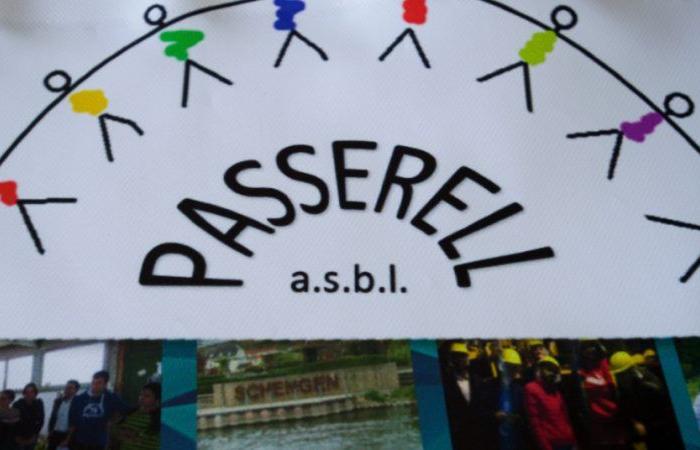Plurality of funding, legal action… The Passerell association has identified, through its Marisol project, solutions allowing a more important role to be given to associations in the defense of human rights.
“Everyone agrees on the fact that human rights are important and are linked to democracy, they must be protected,” begins Catherine Warin, lawyer at the Luxembourg bar and president of the Passerell association, which supports migrants in the exercise of their rights and leads advocacy to defend fundamental rights.
“In Luxembourg, things are going relatively well, but we still have the frustration of having to fight for fundamental rights,” adds Marion Dubois, director of the non-profit organization. In particular, she gives the example of equality before the law and access to rights, defended in Luxembourg by associations such as Passerell.
For a year, the association carried out, in collaboration with the University of Luxembourg, the Marisol project, which was supported by the Ministry of Justice. “The idea of this project was to bring together professionals on issues of human rights mobilization with the state of affairs in Luxembourg and possible improvements,” explains Marion Dubois.
Offices and seminars took place. The project ended on Tuesday with a round table to discuss more broadly the role of associations in the promotion and defense of human rights. Solutions have also been proposed to increase this role.
“Very limited room for maneuver”
“The problem is that, in Luxembourg, associations depend on public funds, which sometimes limits freedom of expression or the possibility of being critical,” estimates Marion Dubois. According to her, associations should rely on a plurality of funding and not depend only on the State.
“The question of financing is vital, since without a budget, we could not do as many things as we do. And yet, we are often told that if we have too much public funds, we lose our interest or our legitimacy to criticize, whereas the role of the association is to work for the general interest.
This is not the only shortcoming raised by the Marisol project: “We need associations to take responsibility for themselves and take the place they can take,” adds Marion Dubois. Currently, case law and laws are very restrictive for non-profit organizations in terms of their ability to take legal action. “We have very limited room for maneuver, whereas we could change mentalities through case law and by appealing to judges.”
In order for the associations to carry more weight, it would therefore be good, according to Passerell, to let them act in court and, furthermore, to give them a more substantial role in the legislative process. “We need a clever mix between the legal aspect and the advocacy aspect, which we already use.”
And everyone can take on this role. “No matter the size of the structure, it is not necessary to be a large non-profit organization to do it,” thinks Marion Dubois.
“The goal is simply to protect human beings who are not sufficiently protected otherwise or who are protected on paper, but who do not have the tools to have effective protection,” concludes Catherine Warin. These changes will take place over the long term, but the members of Passerell do not lose hope: “We are being listened to and we are not in a hurry, we will always be there!”






